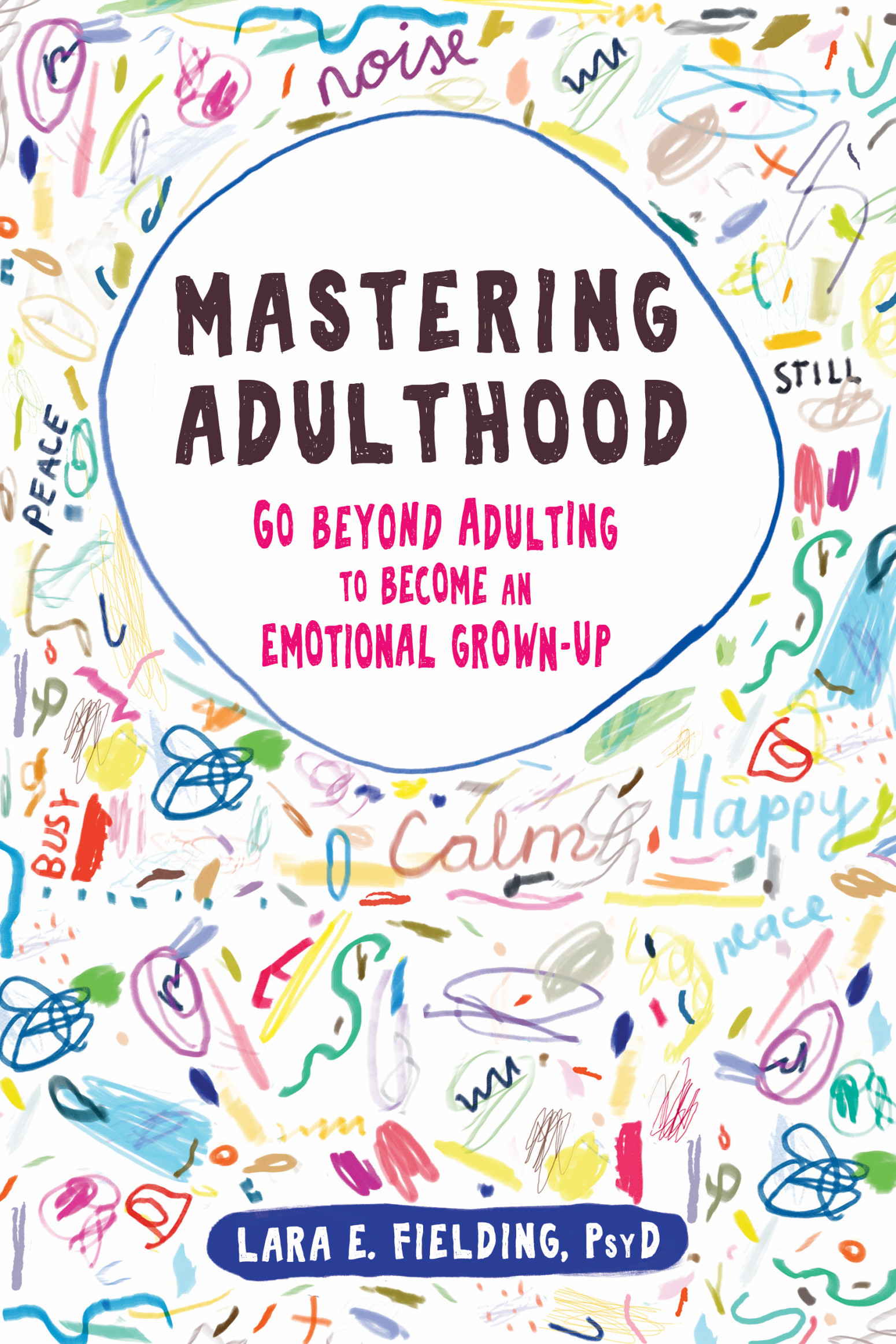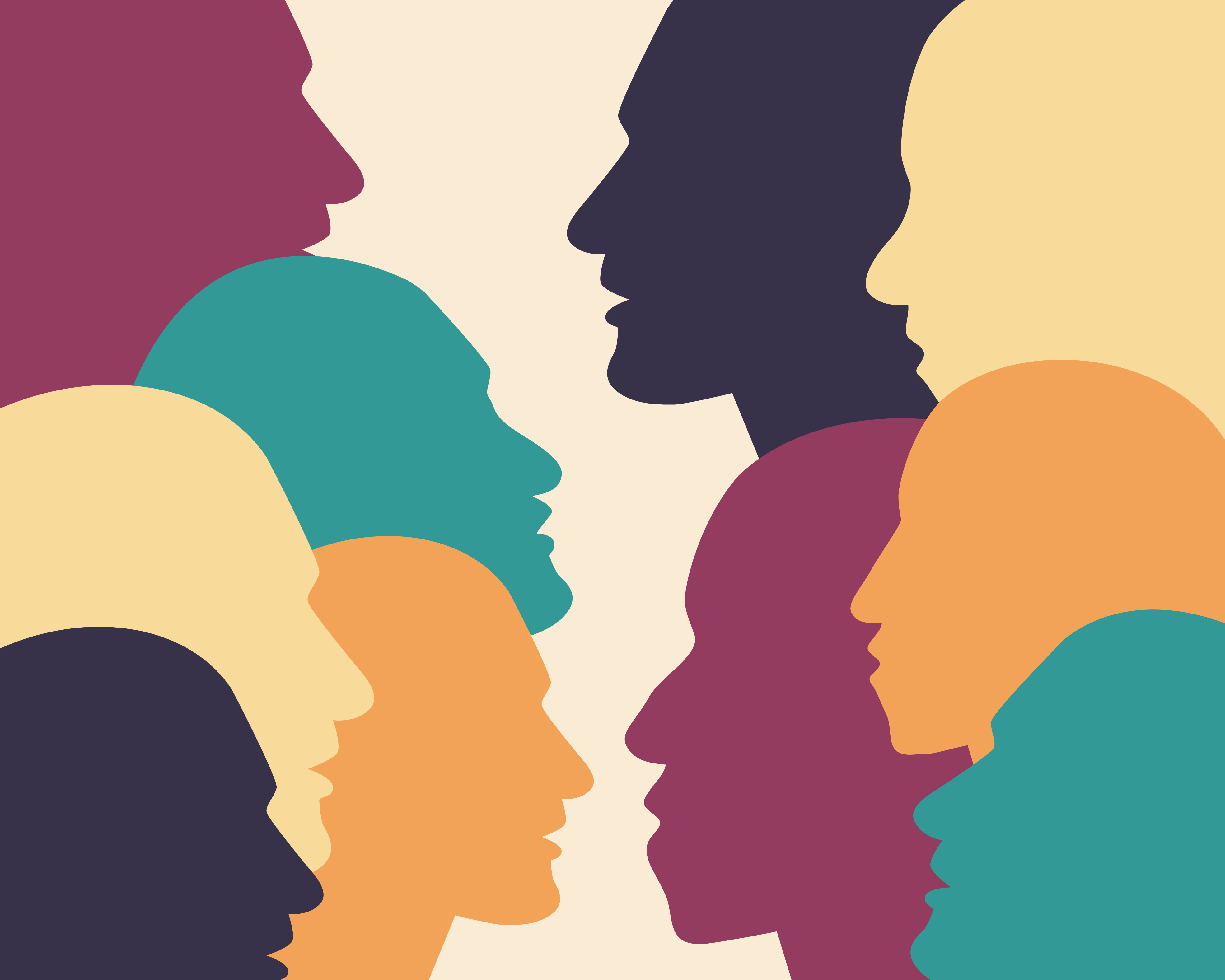A long time ago, when I was still studying and freaking out about what to do with my life, my ability to do it, and how long it would take me, a yogi friend said, “You know, Lara, sometimes you gotta slow down to speed up.” I stared in confusion. “Uh, what?” To me, what he was saying was so foreign, it was like he was speaking Alien. Slowing down goes completely against what feels natural when I’m excited or eager about something.
My friend was trying to gently encourage me to be more mindful of how my own autopilot emotional habits showed up when I was faced with situations that triggered passengers. Of course, I had no idea back then what my autopilot was or how to slow down and be more mindful. I just stumbled into one autopilot collision after then next, not understanding why the same kinds of scenarios repeatedly played out in my life.
Mindfulness skills can’t protect you from the normal mayhem of life of course. But knowing your own passengers and autopilot emotional habits can certainly help you avoid repeating the same mistakes over and over again and promote the resilience you need to bounce back. In this chapter, I’m going to introduce you to mindfulness as a skill for stepping back and building the self-awareness you need with passengers. This is a big chapter because you’ll be learning your primary tool for identifying where you get triggered and the habitual ways you react. So, let’s get started! Let’s take a look at how you can apply mindfulness skills to know yourself better and start building the foundation for the life you want.
Mindfulness: What and Why?
Maybe you’ve heard something about mindfulness meditation as a self-help tool. Mindfulness is the new trend and ancient practice that helps us to recognize the relationship between the events in our life. With mindfulness skills life doesn’t feel so random and we can start taking ownership of the parts where we have some influence. It’s gotten a lot of attention in recent years. From therapy rooms to boardrooms, and in hospitals, schools, and even prisons, mindfulness and meditation training are now practically considered mainstream. Over the past few decades, research showing the incredible benefits of practicing mindfulness has fueled public demand.
In the early 1980s, visionary Jon Kabat-Zinn began a program called mindfulness-based stress reduction (MBSR), using mindfulness meditation to help patients with chronic pain. The philosophies and practices have been found effective for a wide variety of stress and mental health-related problems. He defines mindfulness as “the awareness that emerges through paying attention on purpose, in the present moment, and nonjudgementally to the unfolding of experience by moment” (Kabat-Zinn 1996, 145). Whew, I know! What a mouthful, right? To get past such heady definitions, MBSR teaches mindfulness skills through meditation. But mindfulness isn’t just meditation; it’s also a cognitive skill (Bishop 2004). With mindfulness, we increase awareness of our mental processes so we’re more likely to make a conscious response, rather than defaulting to our autopilot emotional habits. Five distinct processes underlie being mindful (Baer et al. 2006); these include (1) observing the relationship between external and internal events, (2) nonreactivity to inner experience, (3) nonjudging of experience, (4) acting with awareness or nondistraction, and (5) describing or labeling with words. So mindfulness is basically a skill set that helps us slow down and disentangle ourselves from those less-than-helpful things we do and ways we think, which get in the way of the life we want.
A lot of people think that mindfulness means sitting on a cushion, tuning out stress, and being really mellow. But that’s not what mindfulness is at all. The skill you’ll be learning here is tuning in, not tuning out from the stress in your life. Observing your internal reactions to stress mindfully will help you tune in to your thing– whatever that is, in a new way, a kinder, more skillful, and effective way. Kabat-Zinn says it’s akin to “tuning your instrument” (1990). When we practice our skills, through meditation or other ways, we are honing our internal balance and resilience to stress.
Mindfulness is also much more than just a term or idea. You can’t pick it up just by reading about it or watching a three-minute YouTube video. Mindfulness is an experience you feel inside your body, a way of being, a felt sense, which you acquire through practice. I do my best here to use words to convey this. But just as I can tell you all day long how it feels to go swimming or ride a bike, you won’t have a clue until you feel it. So, let’s practice.

Excerpted from Mastering Adulthood: How to Go Beyond Adulting to Become an Emotional Grown Up with permission from the author.
Follow us here and subscribe here for all the latest news on how you can keep Thriving.
Stay up to date or catch-up on all our podcasts with Arianna Huffington here.


